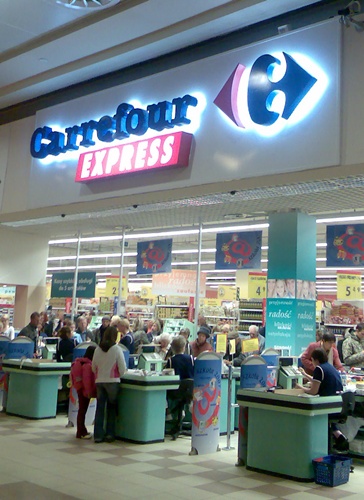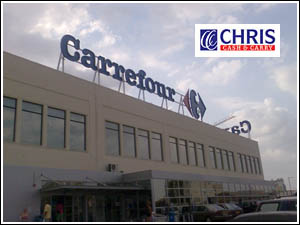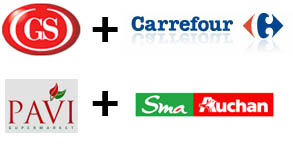EE – Rimi Baltic Stores
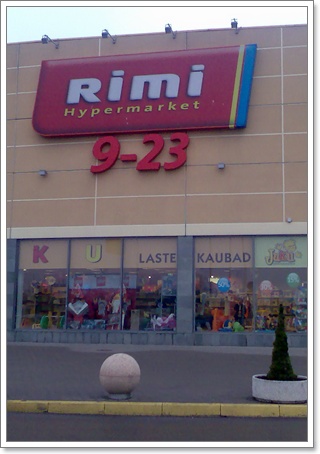
Rimi Baltic is a major retail operator in the Baltic states based in Riga, Latvia. Rimi Baltic operates 191 retail stores in Estonia, Latvia and Lithuania and has distribution centres in each country. The stores have different profiles, depending on range of products and size:
* Rimi Hypermarket – hypermarkets
* Rimi – supermarkets
* Säästumarket (in Estonia), Supernetto (in Latvia and Lithuania) – no frills supermarkets

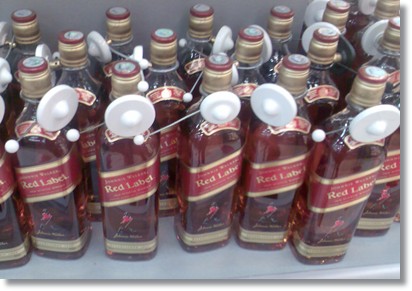
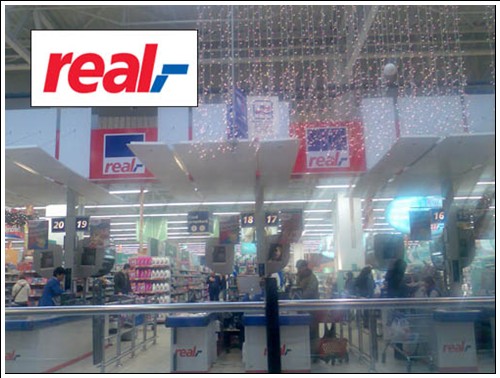

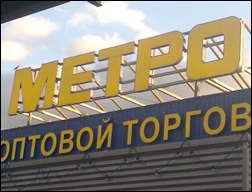
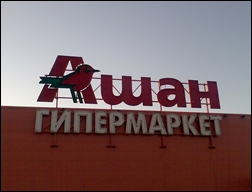
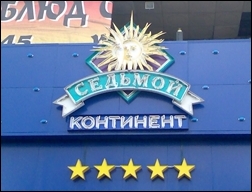
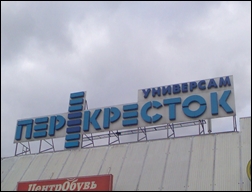
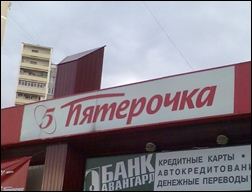
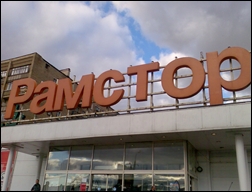
 Within the METRO Group, Real embodies the concept of a large selling space hypermarket. The Real hypermarkets are conveniently located, extensive and clearly structured. The brand profile of Real clearly targets young families with kids and the 50plus generation.
Within the METRO Group, Real embodies the concept of a large selling space hypermarket. The Real hypermarkets are conveniently located, extensive and clearly structured. The brand profile of Real clearly targets young families with kids and the 50plus generation.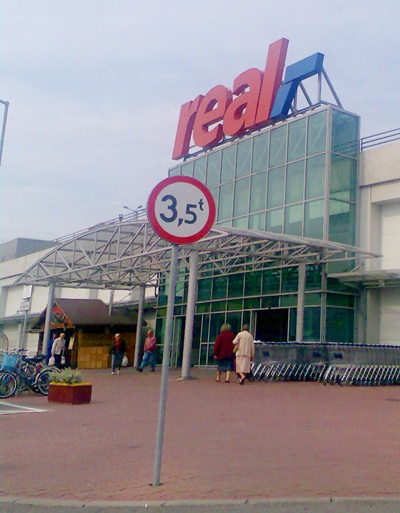
 Another new retail format under development is the Carrefour Express, a chain of stores ranging from 800 to 2,000 sq m and employing from 20 to 40. These are located in areas with a relatively small number of large retail outlets and a population of 10,000 to 15,000. The project involves building a positive image for Carrefour and converting its Champion and Globi supermarkets into the new Carrefour Express chain. About 35 Champion stores will be rebranded in the first phase of the project, scheduled to last until the end of 2007.
Another new retail format under development is the Carrefour Express, a chain of stores ranging from 800 to 2,000 sq m and employing from 20 to 40. These are located in areas with a relatively small number of large retail outlets and a population of 10,000 to 15,000. The project involves building a positive image for Carrefour and converting its Champion and Globi supermarkets into the new Carrefour Express chain. About 35 Champion stores will be rebranded in the first phase of the project, scheduled to last until the end of 2007.